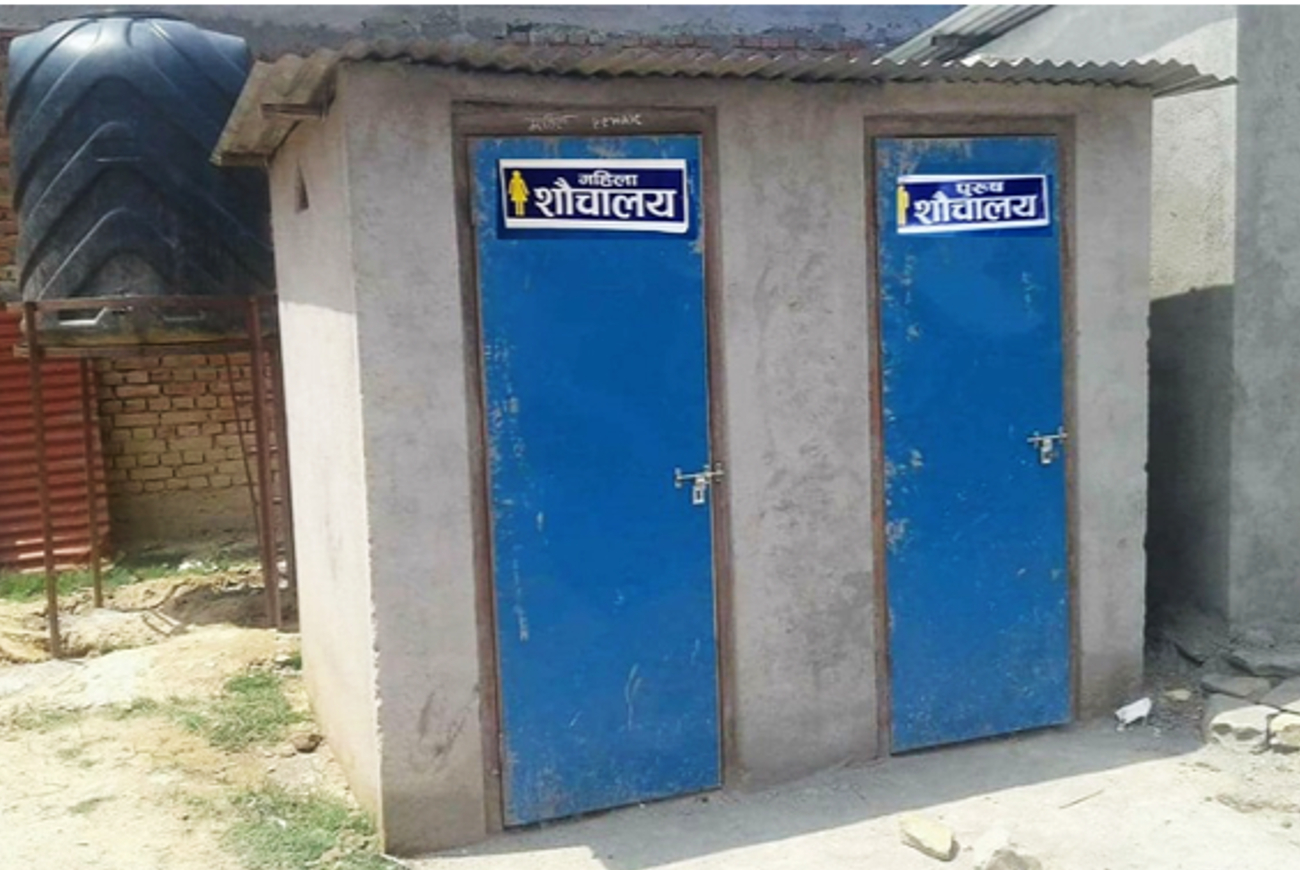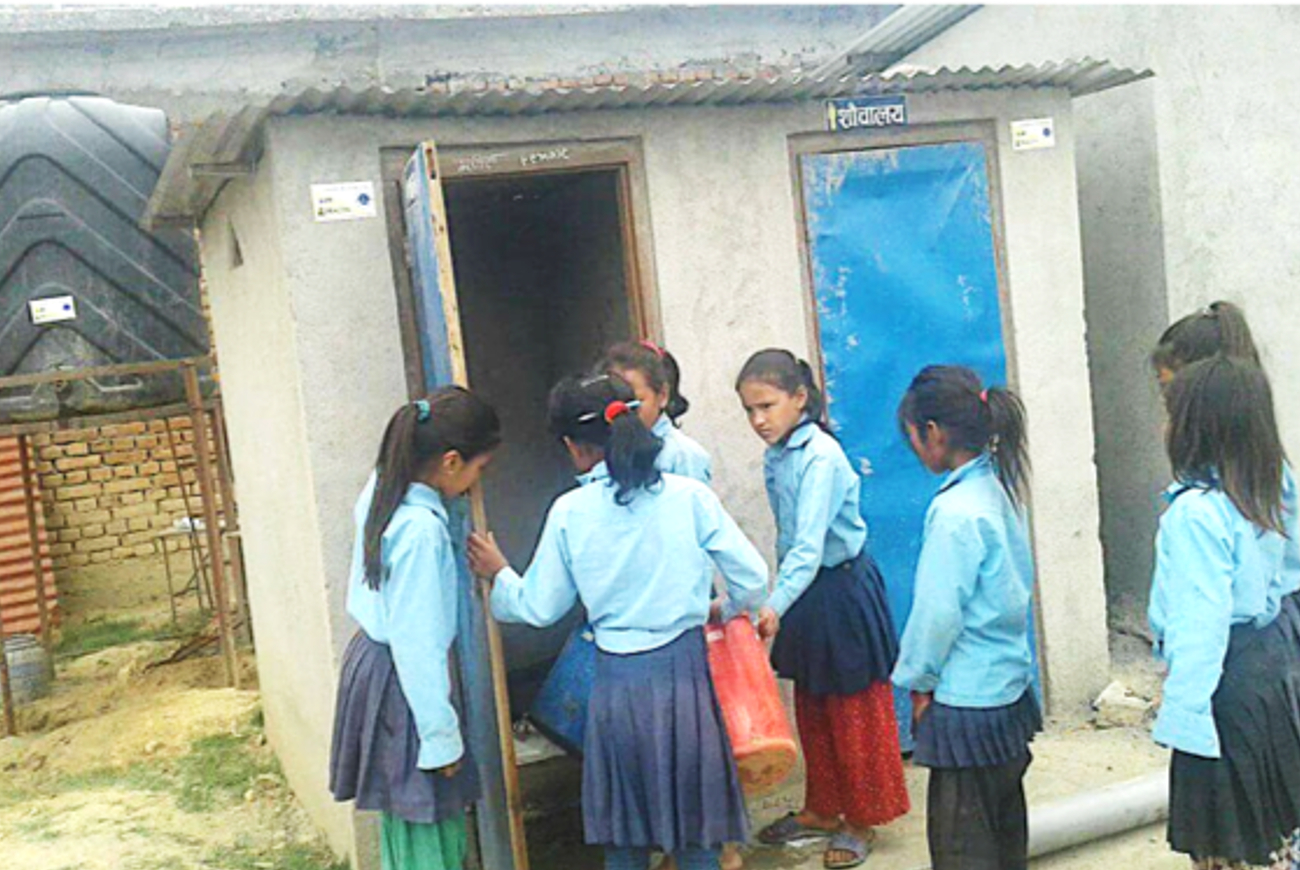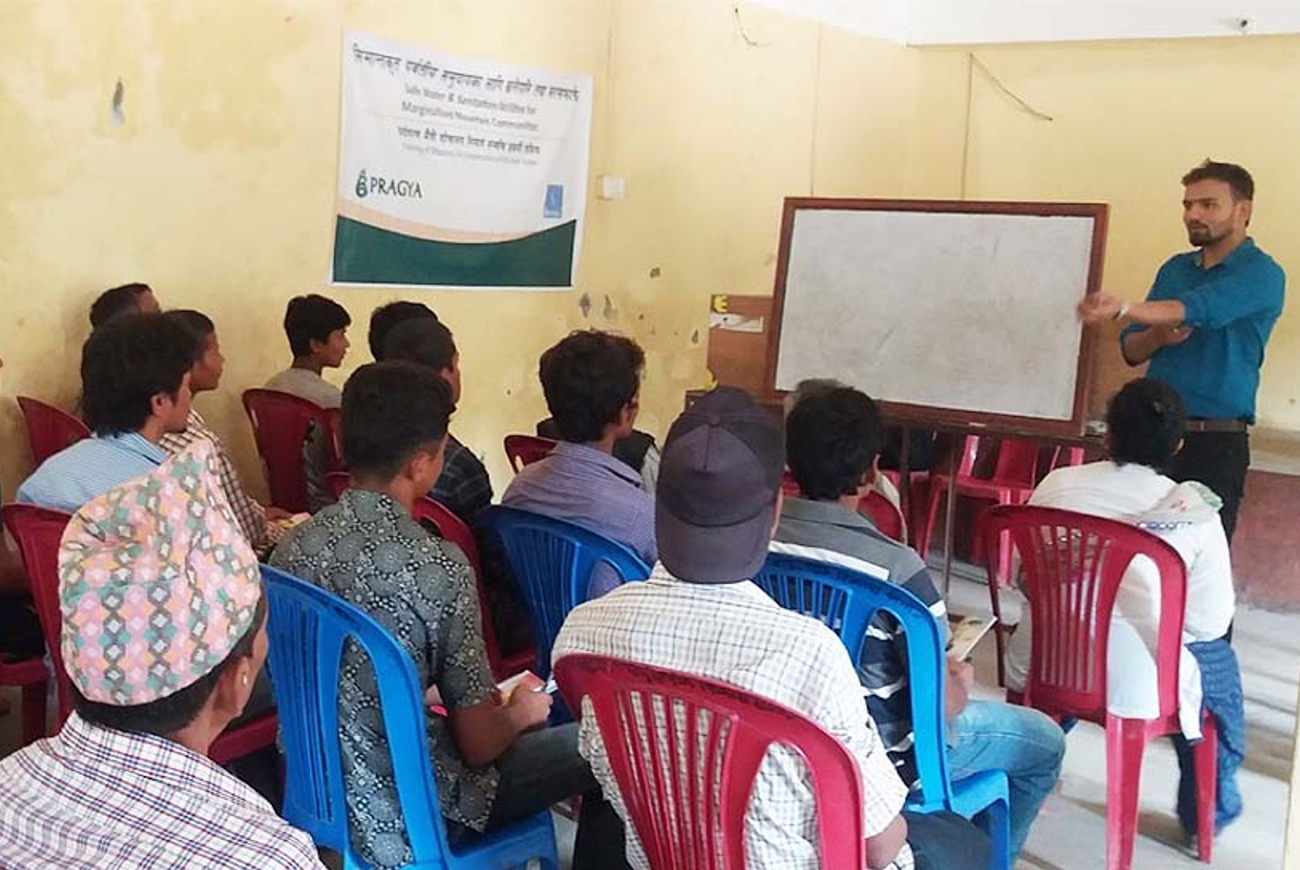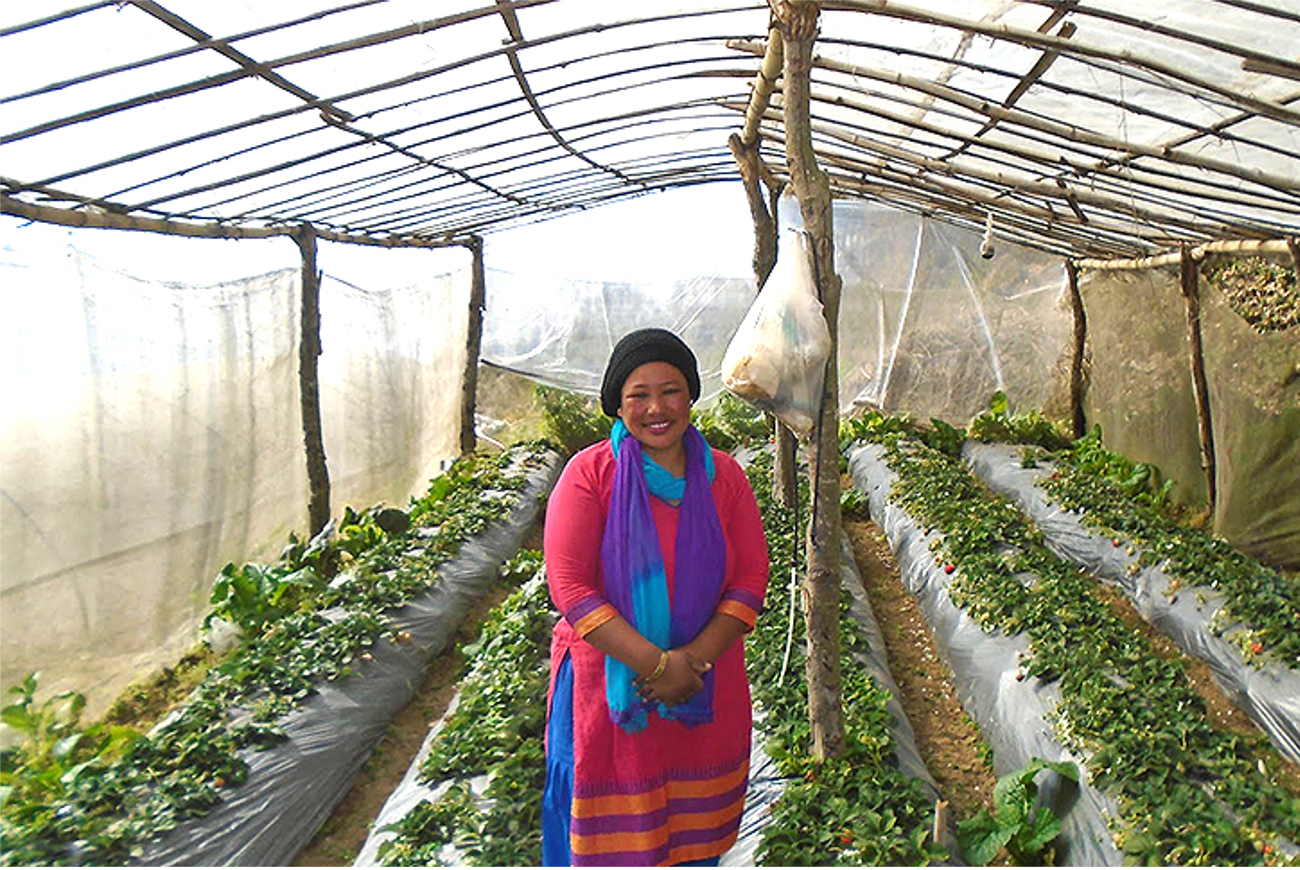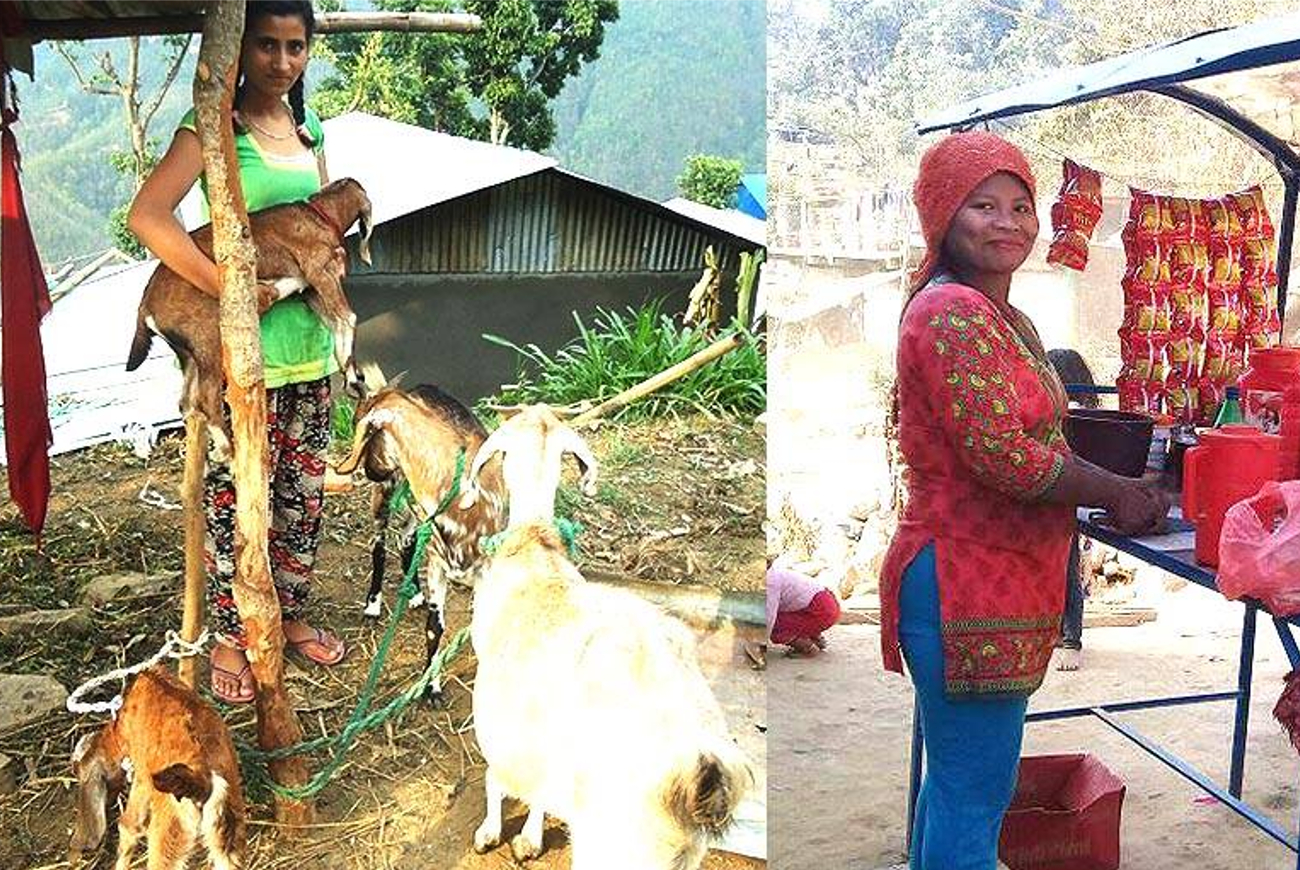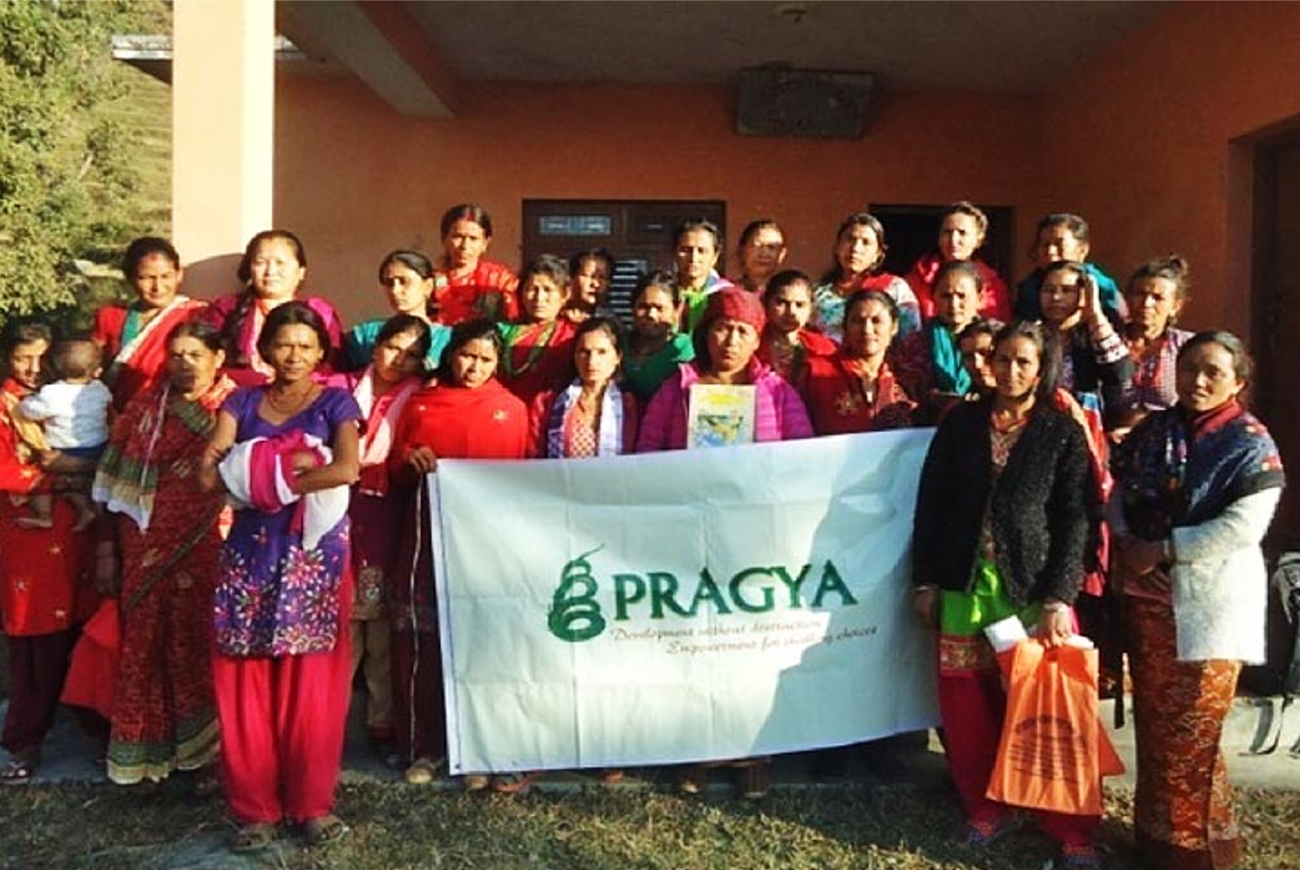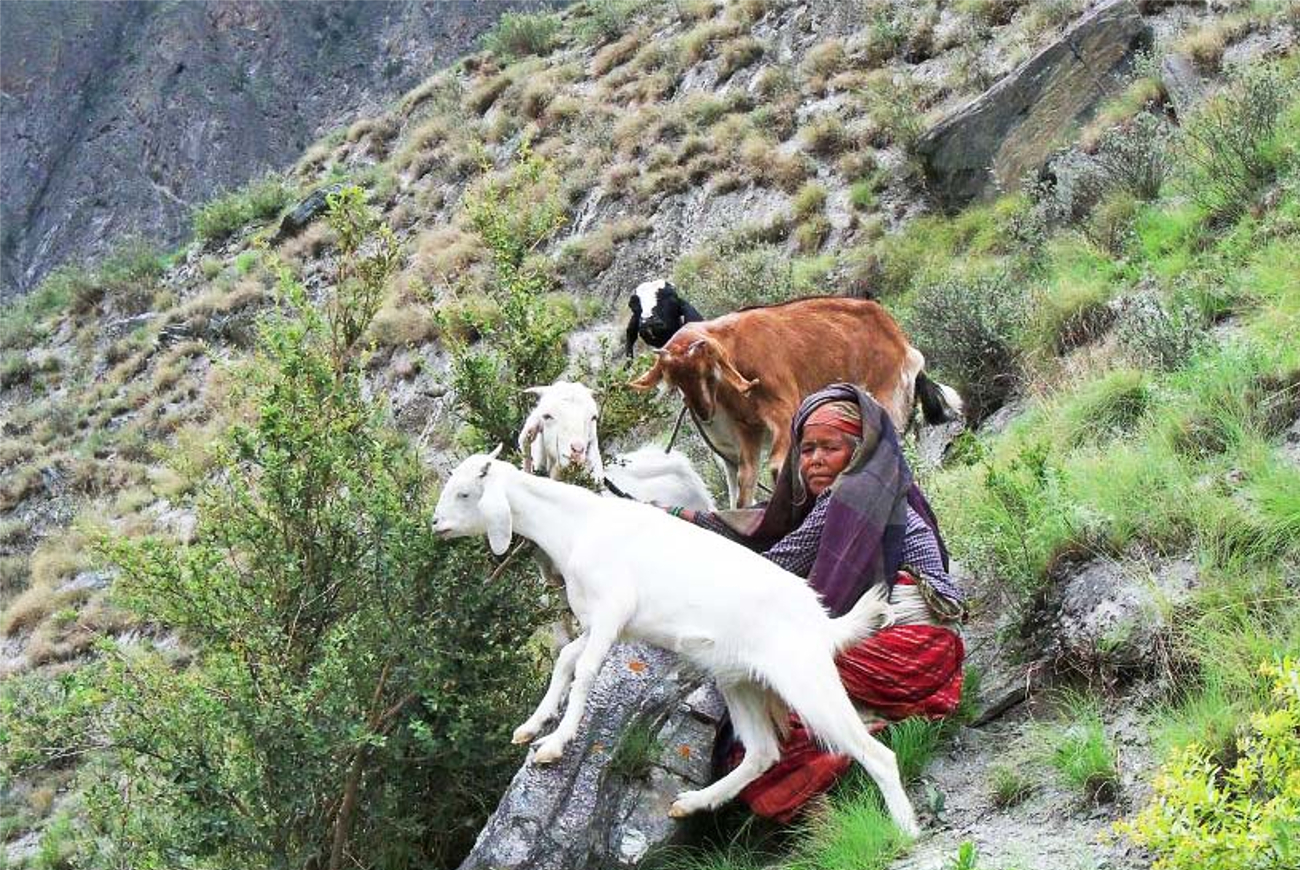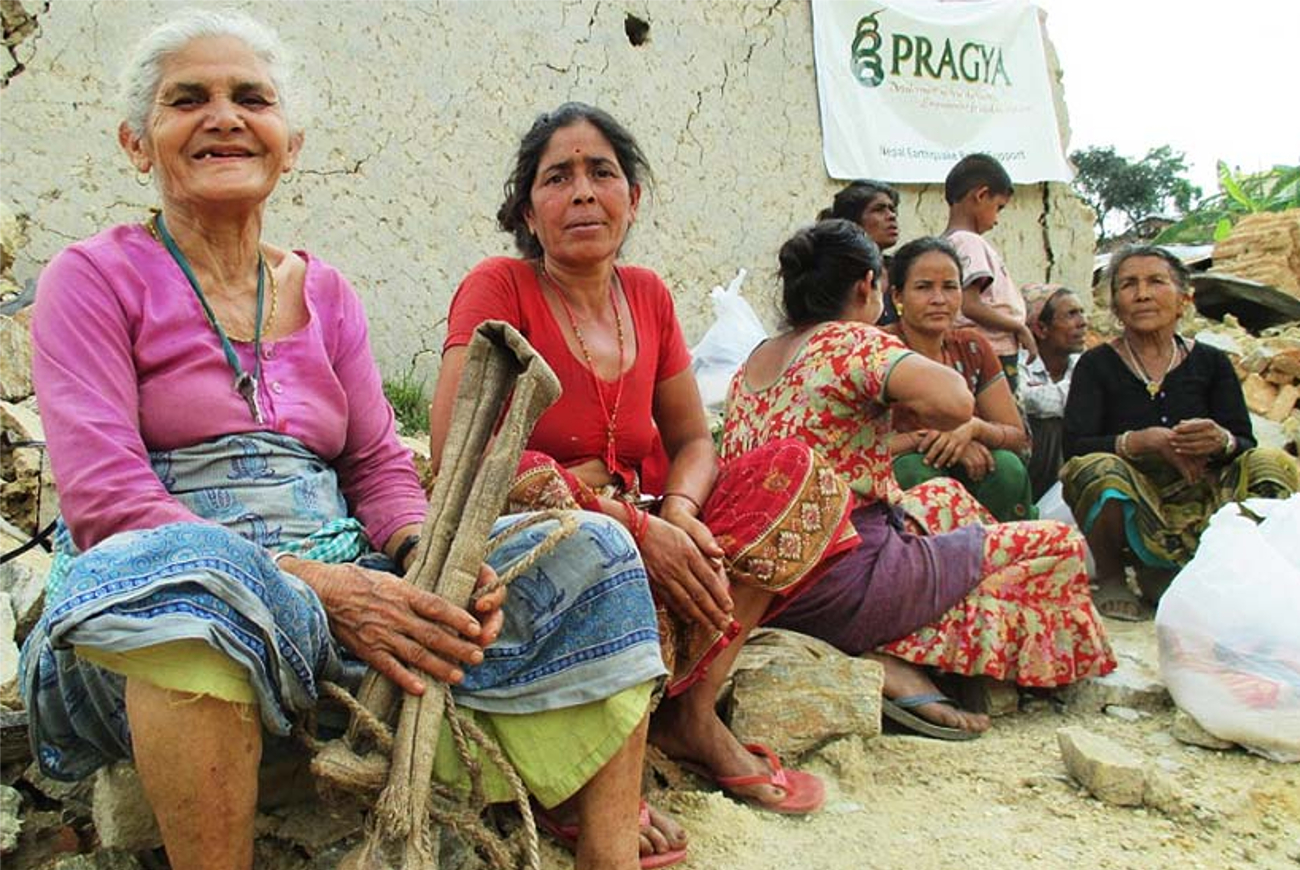Pragya Solutions Nepal delivers its work in close partnership with carefully selected local NGOs. Pragya Solutions activities are coordinated and implemented by its team based at an in-country office in Kathmandu. Projects span the domains of Livelihoods Development, Biodiversity Conservation, WASH, Gender Equity and Addressing Violence against Women, Education and Vocational Skill-building, and Civil Society Development. We also engage in collaborative efforts with research institutions, government, and academia.
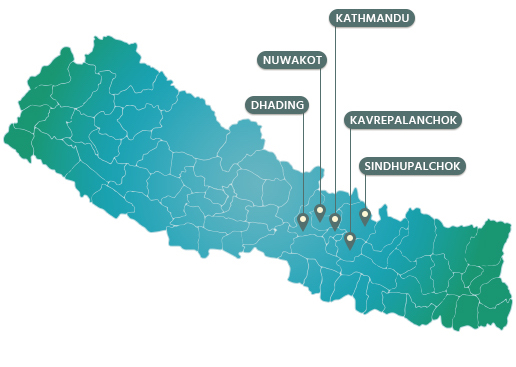
Indicative Projects
Anti-Trafficking Initiative For Women
Conducted a research on association between disasters and trafficking in women and girls, following the Nepal earthquake (2015), which revealed a post-disaster TIP-spike resulting from economic-stress. Highlighted gaps where interventions might be undertaken, particularly to combat it in the aftermath of a disaster. Carried out a pilot involving establishment of Women’s Vigilance Committees and Helplines in Nuwakot and Dhading districts, with strong linkages to Local Enforcement Agencies, which provided effective psycho-social and support to women to counter their vulnerability to trafficking and other gender-based violence, and were successful in trafficking-prevention.
Sustainable Livelihoods and Food Security
Provided vital inputs and training across both traditional and niche-sector occupations to lift deprived mountain communities out of poverty. Helped smallholding farming communities adopt smarter agricultural methods, such as polyhouse cultivation, aided them with improved irrigation structures, and helped diversification into high-value vegetable and fruit crops. Promoted alternative niche-sector occupations- small scale traditional handloom and handicrafts, eco-friendly hospitality and tourism initiatives, apiculture and mushroom cultivation. Conducted multiple vocational skilling programs for youth, improving their employability.
Rehabilitation of Water and Sanitation
Constructed toilets and installed safe water facilities in schools and for community groups, with a focus on those that lacked safe and sanitary facilities or had them destroyed by the 2015 earthquake. User groups educated on hygiene and preventive healthcare and trained in proper use and maintenance of WASH facilities. Community advocacy with local governments for improved WASH facilitated.
Emergency Healthcare and Maternal & Child Healthcare
Ran pop-up health camps for communities affected by the earthquake and distributed essential hygiene and sanitation kits. Continuing healthcare work targeted reduction of the extremely high maternal and infant mortality rates amongst the region’s rural inhabitants
Sustainable Natural Resource Management
Trained women’s Self Help Groups on reclamation of wastelands including erosion control measures and moisture conservation techniques, in conjunction with local Horticulture and Forest departments. Facilitated greening of wastelands by SHGs through planting fuelwood and fodder species and cultivation of horticulture and medicinal plant species for economic benefits. Resulted in reduced offtake of fuelwood and fodder from forests.
Education for Remote Communities
Established community-based and operated learning centres in remote rural areas, equipped with quality learning resources for children and information resources for youth. Trained local para-teachers for providing supplementary classes for children to enhance enrolment into formal schooling and reduce drop-outs. Conducted vocational skilling for local youth.
Disaster Management and Response
Team Kathmandu responded to the 2015 earthquake, providing relief material to affected areas in 5 districts. Aided rehabilitation of hard-hit communities, including provision of temporary shelters and material for reconstructing houses, constructing toilets and installing drinking water facilities. Assisted in restoring education in village schools, providing Teaching and Learning Materials (TLMs), training teachers for psychological and trauma counselling to support students and in improved pedagogy.
